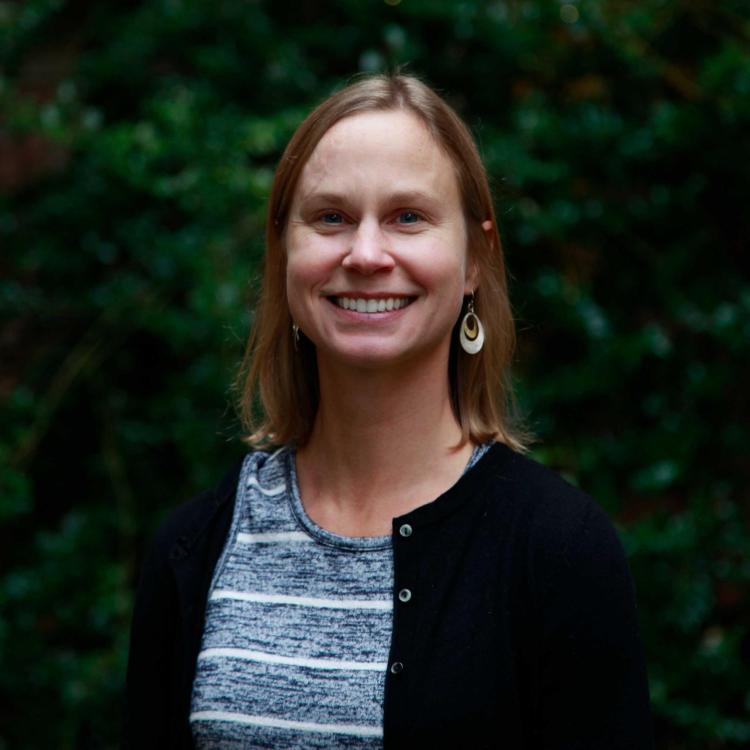What could such a green spring mean for fire season?
Banner image: 2021 Spring Scenic photos on the CU Boulder campus. (Credit: Glenn Asakawa/CU Boulder)
2021 is now one of the 10 wettest years on record since 1872 in the Denver area, with almost 10.5 inches of rain having fallen since the start of the year, according to the National Weather Service. That’s more than half what the city gets on average in an entire year (14.3 inches annually) and more rain than Denver received in all of 2020 (8.74 inches), making it the wettest year since 1983 (10.5 inches).
Yet for much of western Colorado, this has been the driest April on record. What could these wide ranging conditions mean for the rest of the year across the state?
Chelsea Nagy is a research scientist in the Earth Lab at the Cooperative Institute for Research in Environmental Sciences (CIRES) and CU Boulder. She studies how changes in land use, fire, and invasive plants across the U.S. and Brazil affect landscapes’ carbon storage.
CU Boulder Today spoke with Nagy about what a wet spring and resulting plant growth in the Front Range could mean for the rest of 2021.

Chelsea Nagy, research scientist in the Earth Lab at the Cooperative Institute for Research in Environmental Sciences (CIRES) and CU Boulder.
Does all this rain mean that the Front Range has a buffer against fire this fall?
In Boulder, we now have a bunch of vegetation that’s built up, grasses and shrubs and drier vegetation generally, due to above average precipitation. But if we then get hotter temperatures and dry conditions over the summer, then we are primed for a bad fire season. And we are predicted to have drought this summer, according to the latest projections from the National Oceanic and Atmospheric Administration (NOAA). It’s supposed to be hotter and drier than average. Once we have this extra fuel that builds up and dries out, then we have the potential for a human ignition of any kind—that could be a campfire, that could be fireworks on the Fourth of July—to potentially spark a worse fire than you would have had in the absence of a wet spring.
Wait, so is a wet spring bad?
There are a lot of reasons why a wet spring is really good. One is that it reduces the likelihood of a fire in the spring: The vegetation is wet and less likely to burn. However, I do think that it means we have to be more proactive, because a lot of the ignitions, at least the ones that we can control, are human started. We can't control where lightning happens. But we can control things like our campfires, fireworks and all of that.
While summer in Colorado often means plenty of sunshine and great weather for outdoor activities, the summer months also bring the threat of flash floods and wildfires. It’s important that CU Boulder students, faculty and staff are prepared, so please review these health and safety reminders.
What can residents do to reduce their risk?
One thing that people can do to be proactive, given that so many people live in these fire prone zones, is to remove some of the vegetation that's right up against their house. In case a fire comes through, then their house might not burn.
What should we keep in mind as we travel and recreate in the mountains this year?
People are going out to these places because they love them, and they want them to be around in the future. We definitely want to make sure that we do our best to take care of these resources so that they're there for us and others to enjoy. I think being aware of your actions is key, as a lot of times it’s a lack of awareness that causes these things to happen.
In the U.S., humans start more than 80% of fires, which is just wild. And of course, that varies quite a bit based on where you are. In the western U.S., we get more lightning caused fires. And human ignitions can be from things like power lines as well as campfires. But anywhere that you have humans interacting with the landscape, where there's a lot of fuel to burn, then you get more opportunities for intentional or unintentional fire starts.
This interview has been edited for length and clarity.


